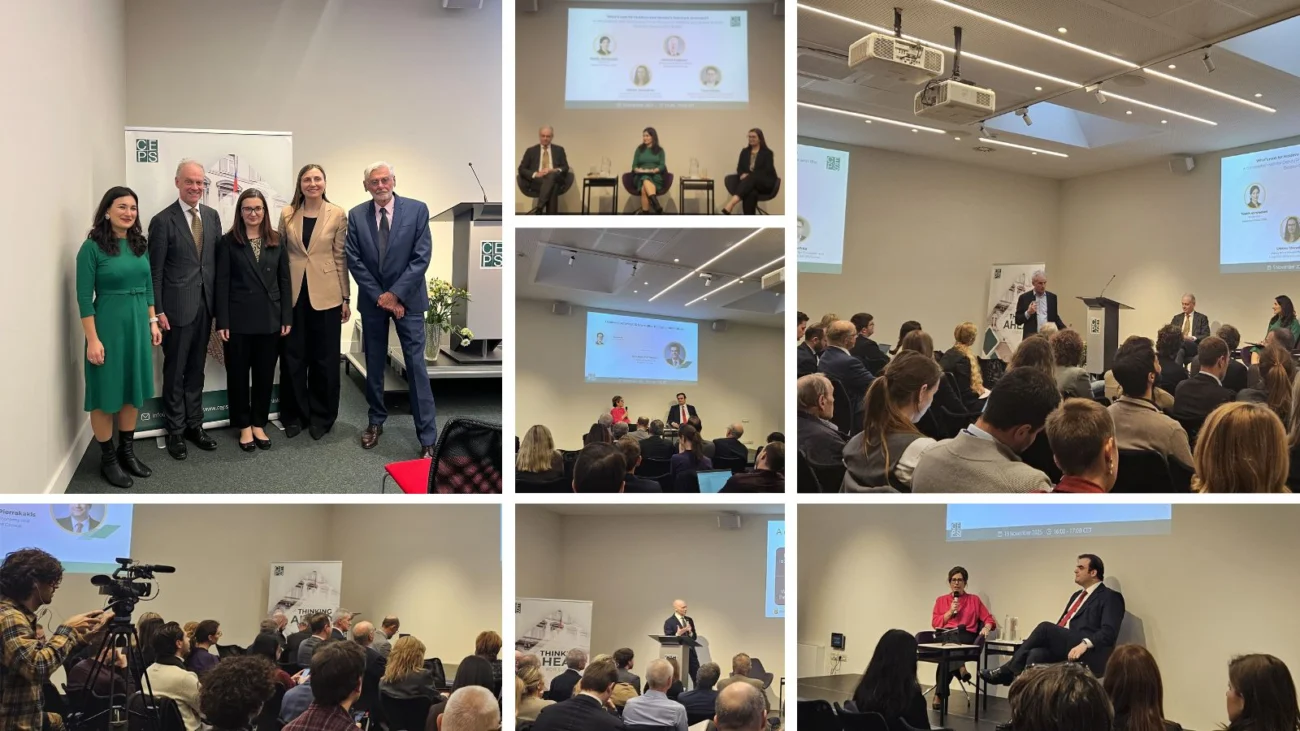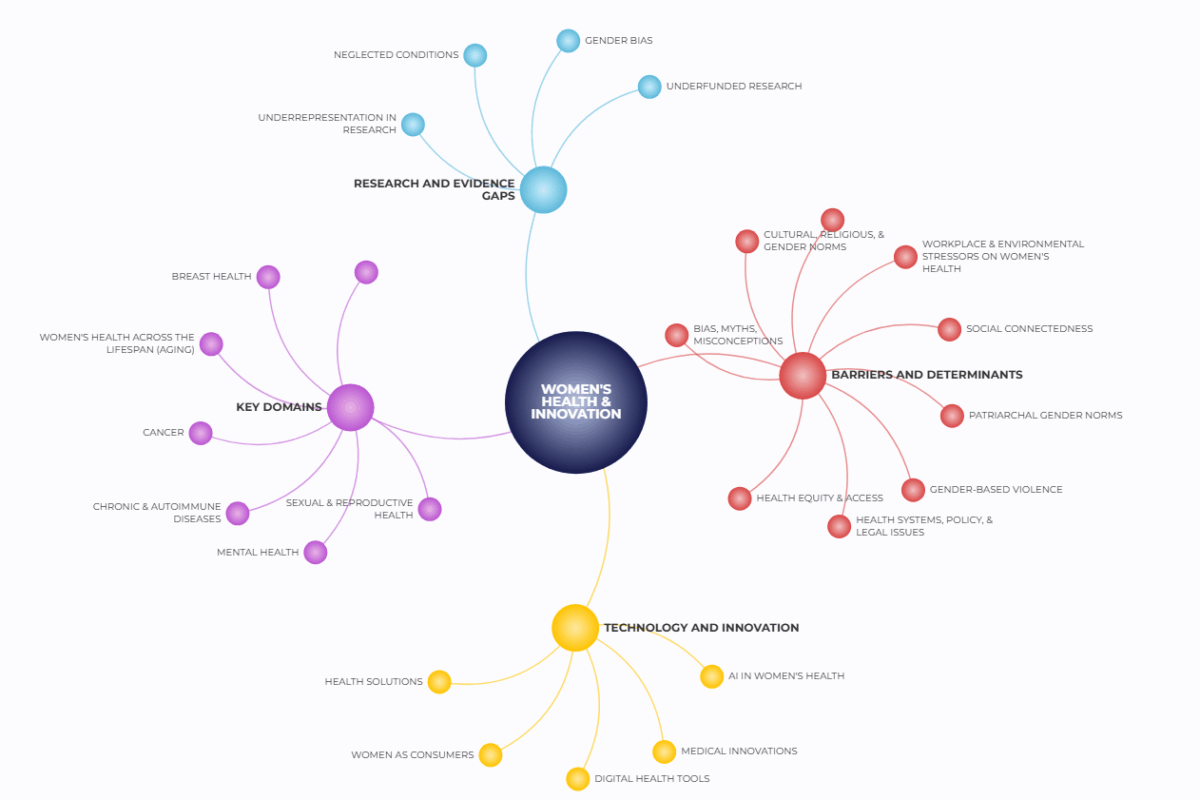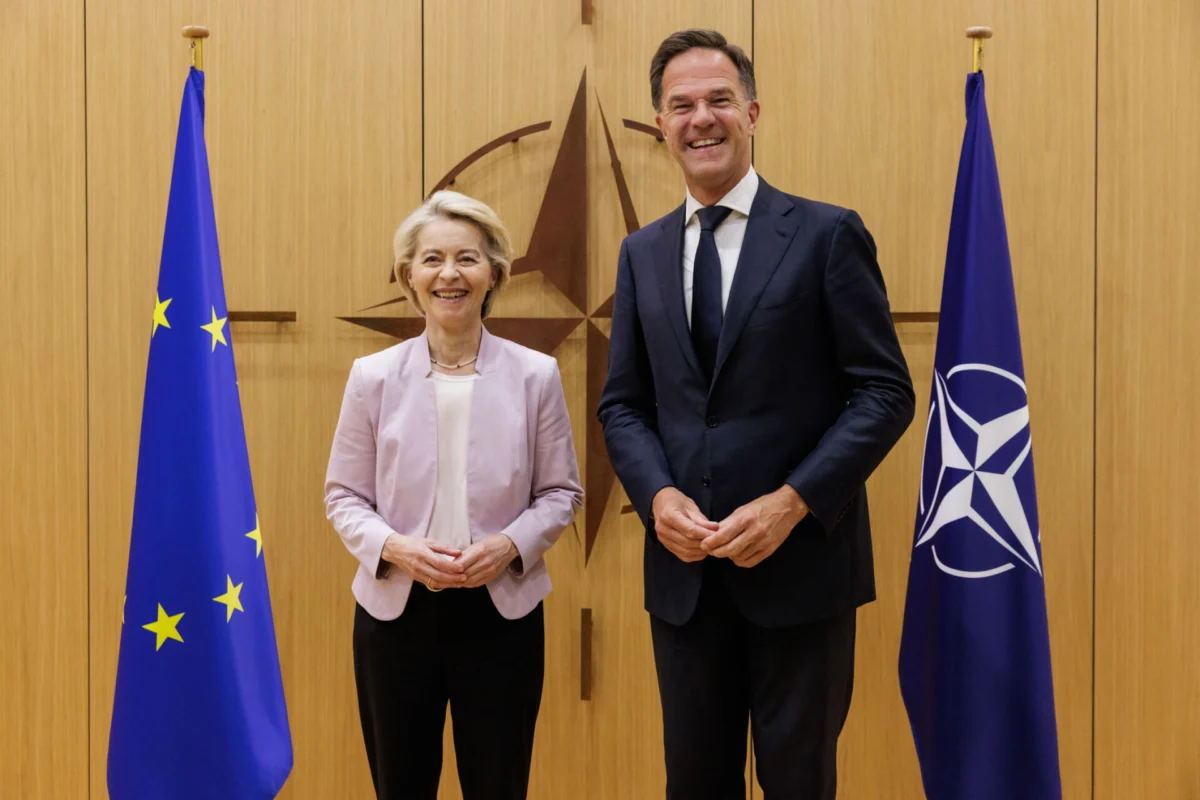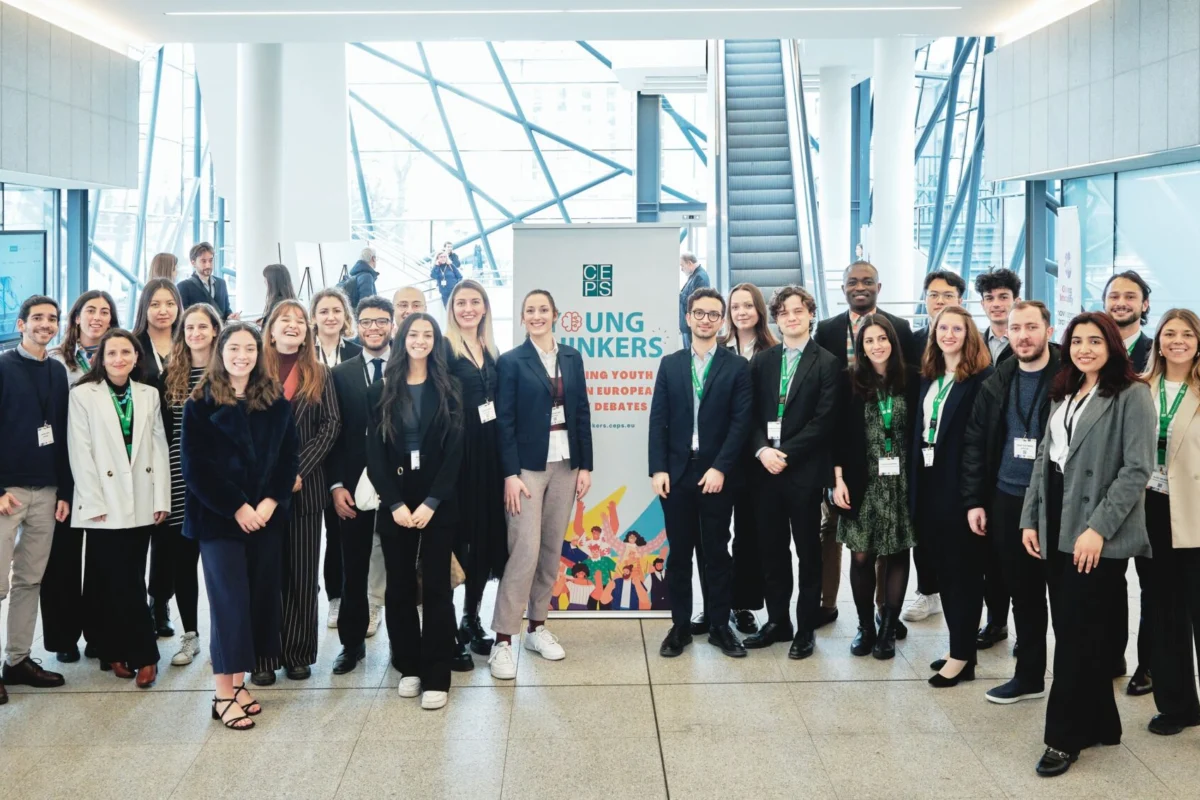CEPS was honoured to recently host a series of high-level discussions bringing together ministers, senior policymakers and leading experts to address key priorities for Europe, from EU integration and capital-markets development to economic resilience within the euro area. These exchanges reaffirm CEPS’ role as a trusted platform for informed and timely policy debates.
What’s next for Moldova and Ukraine’s fast-track accession?
On 5 November, CEPS welcomed Cristina Gherasimov, Deputy Prime Minister for European Integration of the Republic of Moldova and Taras Kachka, Deputy Prime Minister for European and Euro-Atlantic Integration of Ukraine, alongside Gert Jan Koopman, Director-General of DG ENEST. Together, they shared their perspectives on the 2025 Enlargement Package and reform trajectories for both countries.
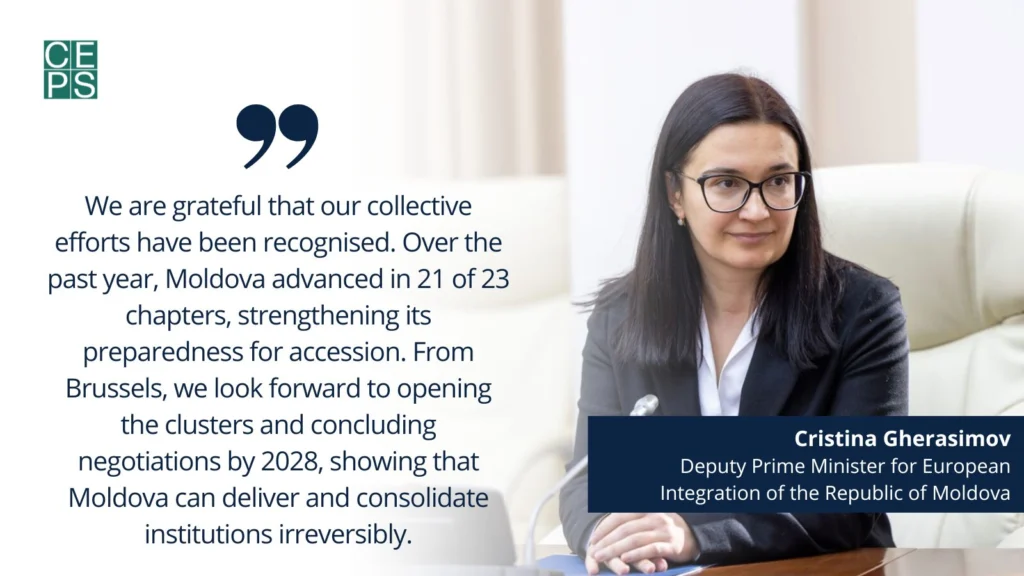 |
Watch the full event |
Building dynamic EU capital markets: how to attract investments and drive innovation?
On 12 November, CEPS, together with our European Capital Markets Institute (ECMI), hosted a high-level panel including: Niklas Wykman, Swedish Minister for Financial Markets, Annemie Rombouts, Deputy Chair at FSMA, Jakub Michalik, Chief Policy Officer and Member of the Executive Committee at Euronext and Adam Kostyál, President at Nasdaq Stockholm to explore how to overcome fragmentation in European capital markets and move toward a true Savings and Investments Union.
The discussion focused on identifying successful reforms, understanding why IPO activity remains concentrated in certain markets and how Europe can turn its financial system into a catalyst for innovation and growth.
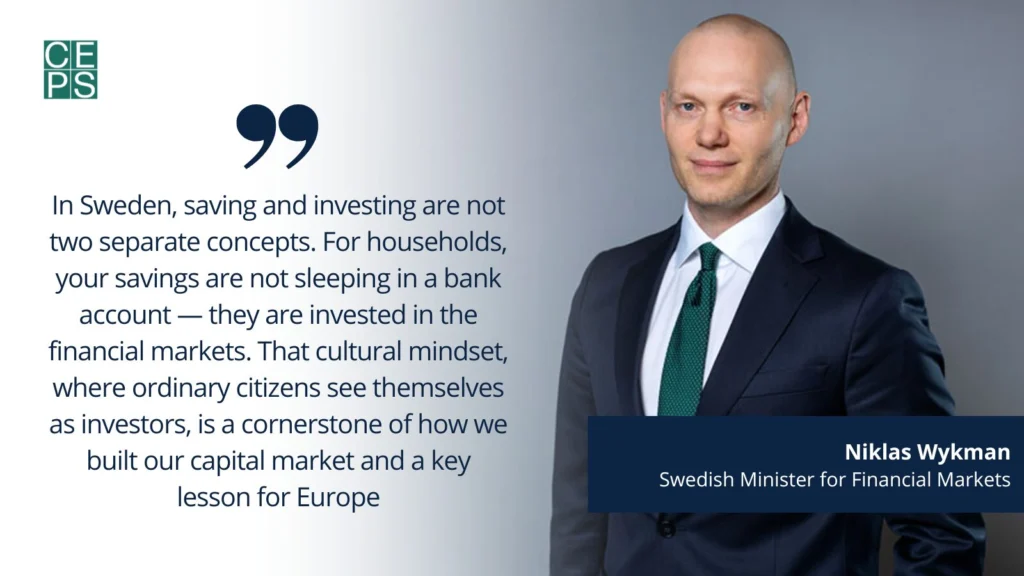 |
Watch the full event |
Greece’s recovery, 10 years after the Euro referendum
On 13 November, CEPS held a special session with Kyriakos Pierrakakis, Minister of Economy and Finance of Greece to assess the country’s transformation a decade after the pivotal referendum.
The event reviewed Greece’s journey from crisis and adjustment programmes to its current growth trajectory, drawing lessons for other Member States on structural reforms, competitiveness and social cohesion amid renewed geopolitical uncertainty.
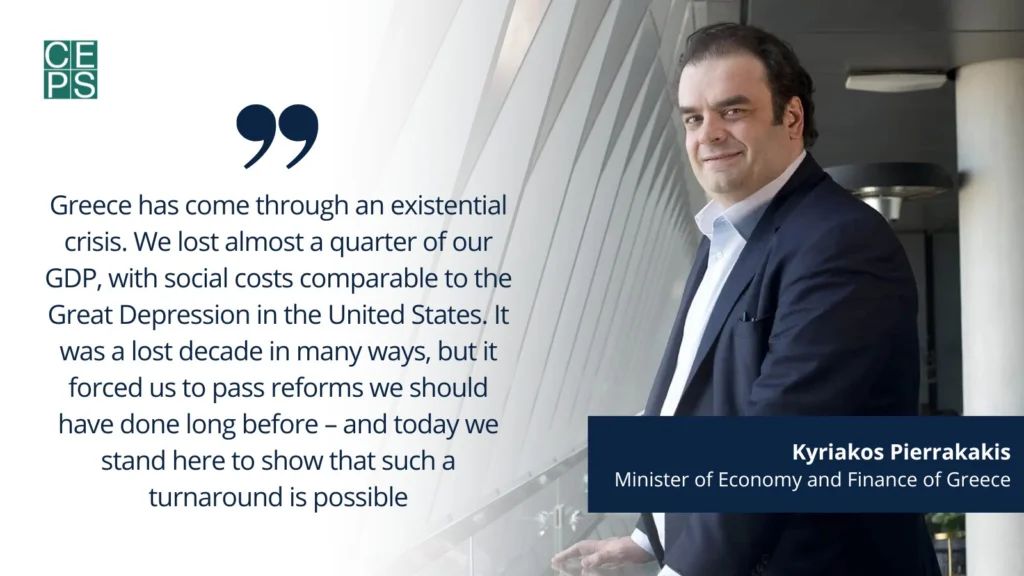 |
Watch the full event |

